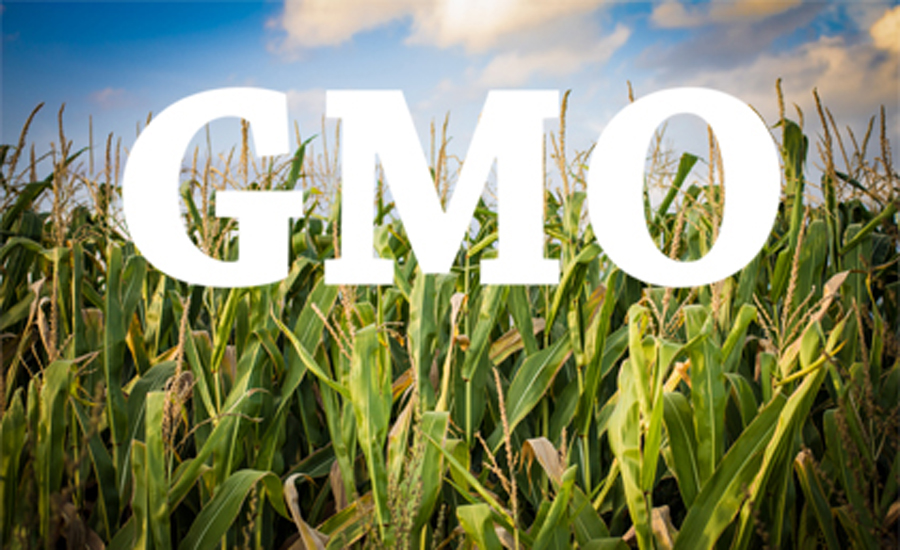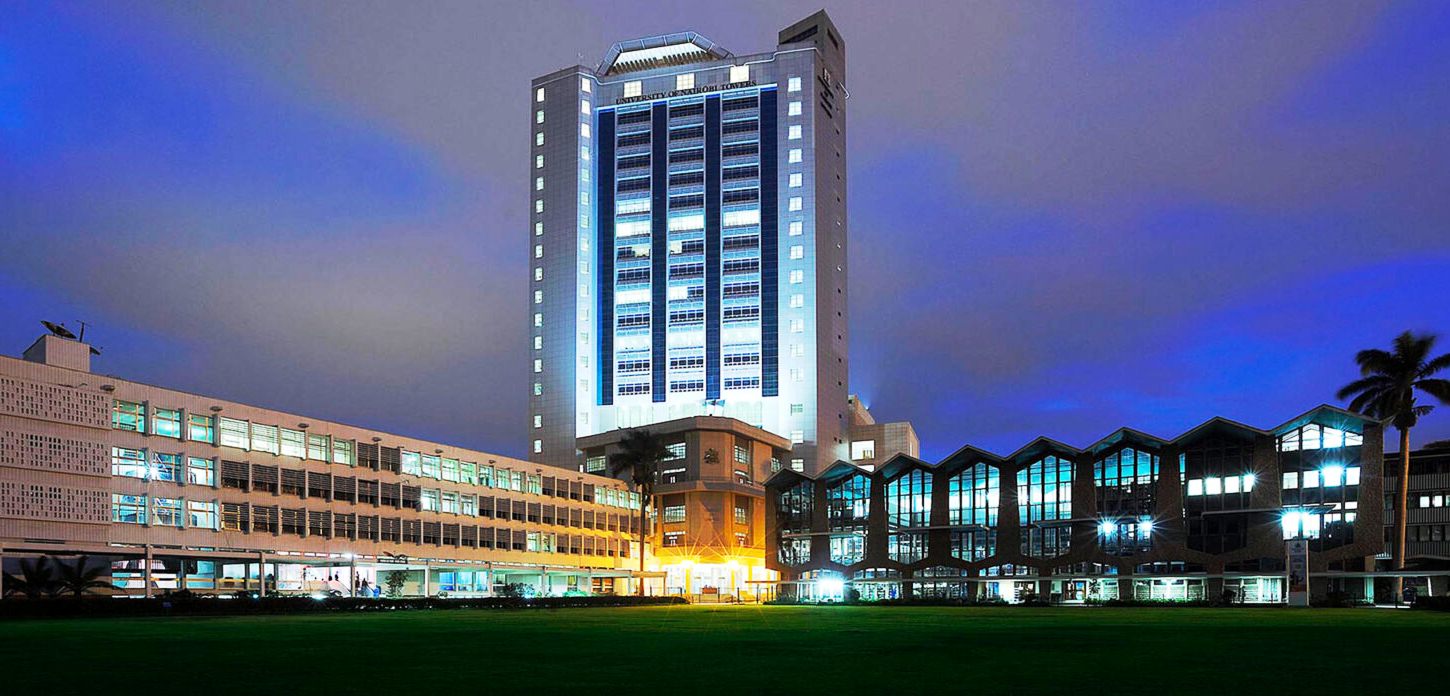The National Biosafety Authority (NBA) has issued a directive requiring individuals or institutions involved in activities related to genetically modified organisms (GMOs) to seek its approval first. A public notice gave a three-month window for ongoing research projects to be regularized by 1st October 2024. Section 18(1) of the Biosafety Act 2009 prohibits conducting activities involving GMOs—such as research, market placement, import, transit, or export—without written approval from the Authority.
This applies to plants, animals, microorganisms, and research in pharmaceuticals and vaccines. However, the notice exempts finished and approved pharmaceuticals for human use that may involve genetic modification. Kenya lifted its 10-year ban on cultivating and importing genetically modified crops in October 2022. Since then, the NBA has approved 58 GMO projects: 40 for contained use in labs or greenhouses, 15 for confined field trials, and three for commercial cultivation. Approved crops include Bt cotton, Bt corn (pending submission to the National Variety Release Committee), and virus-resistant cassava.
As of 1st October 2024, businesses handling GMOs will face higher fees, with a charge of Sh5,500 for each consignment of up to 40 metric tons and additional fees for larger loads. The fee structure also introduces annual inspection fees for containment facilities, new costs for GMO-Free Certificates, and increased licensing fees for wholesale or retail businesses dealing in GMO products.
Additionally, labelling requirements for GMO-free products will now incur charges based on a company’s annual turnover, and businesses wishing to keep some GMO-related information confidential must pay a review fee. These new rules mark a significant shift in Kenya’s approach to GMO regulation. The NBA, as a state corporation, remains responsible for ensuring the safe development, handling, and use of GMOs in food, feed, industry, trade, and environmental release.





